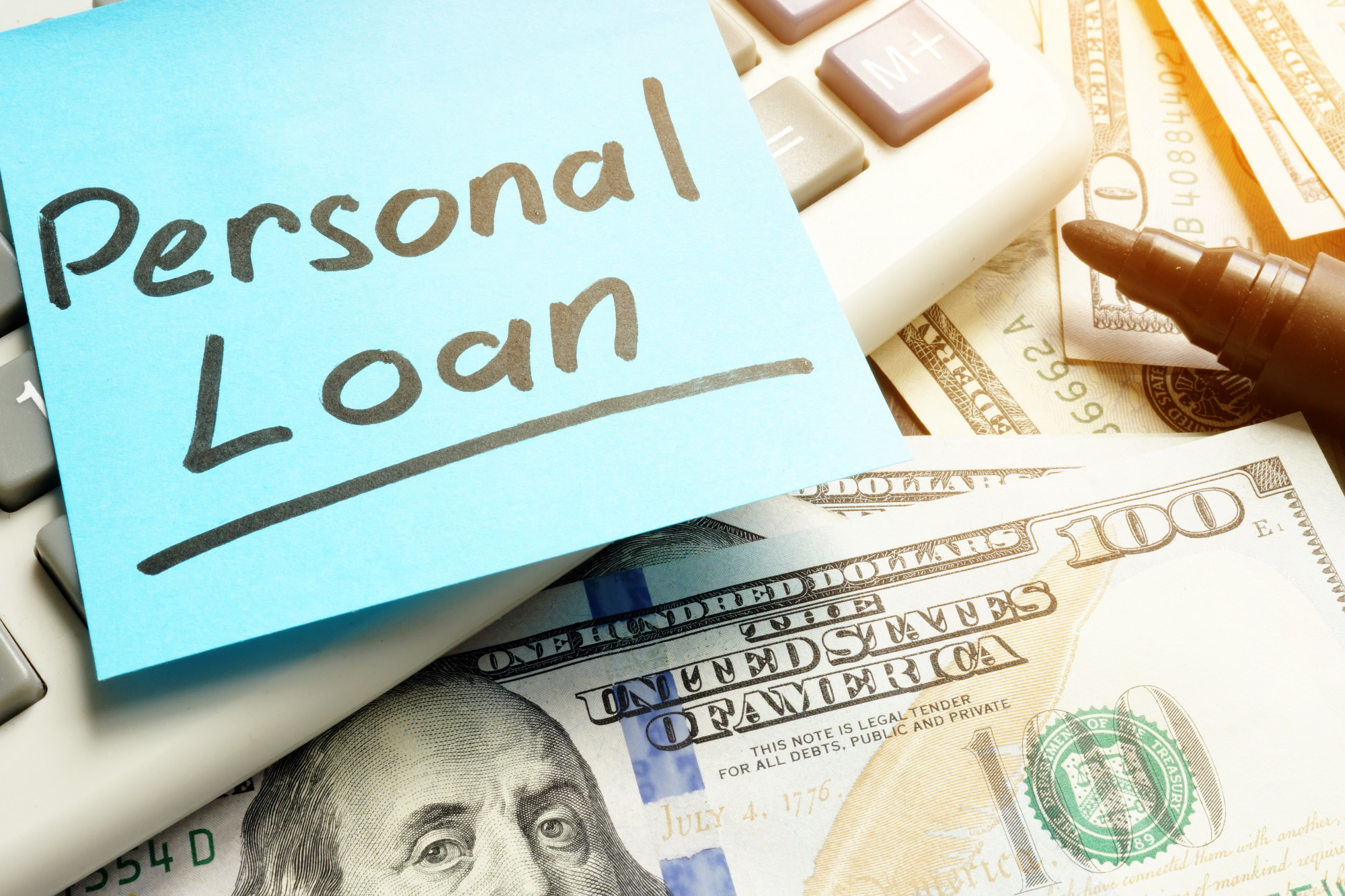If you’re considering a personal loan, you are not alone. Personal loans make up the fastest growing consumer debt category. And, there is over $120 billion in outstanding personal loan debt in the US.

Personal loans are available for a number of different things. The most likely is to pay off other debts, usually credit cards with higher interest rates. Other times personal loans are relevant are to pay for medical debt, urgent home repairs, or needed, but unexpected, car repairs.
If a personal loan seems like it would be right for you, keep reading to learn more about typical personal loan requirements.
1. You Need to Have Decent Credit
A good credit score shows the lender that you are a responsible borrower and they won’t be taking a big risk by lending you money. The higher your credit score, the more favorable your loan terms and interest rate will be. Even a small decrease in a credit score can have a big impact on the amount of your payment, reducing the total interest you will pay over the life of the loan.
Before applying for a loan, pull your credit report and clean up any errors that might be on it. Your credit report won’t include your credit score, so you’ll have to get that separately. Many credit card companies offer this for free to their customers, so check with yours before you pay for your score.
2. Terms May Vary and There May Be Fees
There are hundreds of companies out there that offer personal loans. Banks, credit unions, and online companies that specialize in these types of loans. Known as fintech companies, these online lenders can often offer favorable terms because they don’t have a brick and mortar bank to operate.
Shop around for the best terms and rates before you make a decision.
Many require an origination fee, which is usually a fixed amount or a percentage of the total loan. This will be added on to your loan amount, so if you take out a $25,000 personal loan, you’ll owe $25,000 plus the origination fee.
You’ll also want to check on the length of the loan. The longer the loan, the more interest you will pay. Make sure there are no prepayment penalties either. If you find yourself with extra money or your income increases significantly and you can pay off the loan early, you don’t want to be penalized for that.
3. They Impact Your Credit Score
Like credit cards, mortgages, auto loans, and student loans, personal loans will show up on your credit report and impact your credit score. Although they won’t have as negative of an impact as credit cards often do. Credit cards are revolving lines of credit, which can increase dramatically quickly.
A personal loan is a fixed amount with a fixed payment for a certain number of months. This is more favorable than the revolving lines of credit that you could drive up.
4. They May Require Employment and Income Verification
Your lender will want to see verification of your employment and income. They typically will ask for a current paystub, showing your employer and your income, whether that be monthly, bi-monthly, or weekly. They may also request your most recent W2 or tax returns to verify your income as well.
In addition to reviewing your credit report to see how risky of a borrower you are, the loan company will also want to make sure you have the income to make the monthly payments.
5. The Interest Rates Are Fixed, But Usually Higher
A positive feature of personal loans is that they have fixed interest rates, meaning your monthly payment will stay the same for the life of the loan. Unlike variable rate loans, which can raise your interest rate significantly, there are no surprises with fixed-rate personal loans.
When applying for a loan, make sure the rate is fixed. Walk away from a personal loan with a variable interest rate. Because the rates are fixed, they tend to be a bit higher than an interest rate for a mortgage or car loan. The interest rate also varies based on your credit score.
6. Most Personal Loans Are Unsecured
Most personal loans are unsecured, which means that you don’t have to put up any collateral to get one. Secured personal loans would require collateral, like a savings account or CD. If you default on your payments, the lender will collect their payments by taking your collateral.
Secured loans are an option if you have a low credit score and are considered a risky borrower.
7. There Are Other Options
Personal loans aren’t the only option out there for unexpected expenses. While they can be great for people who have decent credit, they may be unavailable to borrowers with less-than-stellar credit.
Other options could include credit card cash advances, payday loans, or the good old fashioned borrowing money from friends or family. You might be able to find a personal loan with no credit check as well. Bonsai Finance can tell you more about this.
If you’re a homeowner, a home equity loan or a home equity line of credit might be an option. These loans use the equity in your home as collateral and allow you to borrow large amounts at relatively low rates.
Final Thoughts on Personal Loan Requirements
Before applying for a personal loan, make sure you meet these personal loan requirements. Don’t waste your time or ding your credit by applying for a loan you can’t get.
Don’t forget that there are other options as well, so if a personal loan won’t work for you, hope is not lost.
If you have any questions or comments regarding personal loans, leave a comment below!

